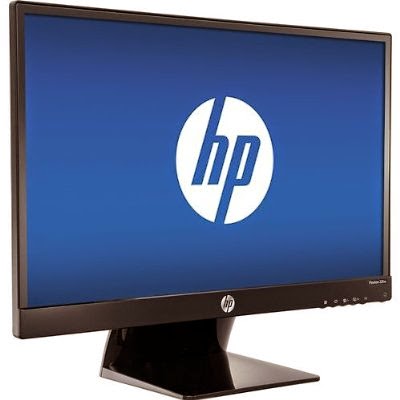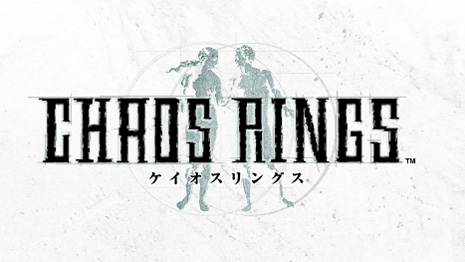With an increasing number of PC users no longer finding an optical drive necessary, it has become common to offload tasks normally given to writable CDs and DVDs to more flexible and portable devices like USB flash drives or SD cards. However, there is one operation that still almost universally relies on some form of optical storage: installing an operating system. With so many tools out there available to (attempt to) carry out the task of transloading OS installation files to portable media, how is one supposed to know what tool is right for them? Today we will take a look at the top tools for the job, examine why each one is great, and hopefully get you on the road to installing that brand new OS, pronto.
Imgburn
So, first things first, right? Most tools out there for transloading OS installation files don’t actually operate on the original optical disk. Instead they transload files from an ISO file, which is basically a compressed folder containing an exact copy of all the information on a disk–including all the nitty-gritty you won’t see in your file manager. To create these ISO files yourself, you’ll need software like Imgburn.
What’s great about it: Imgburn is totally free, and handles a wide range of tasks that you could easily wind up spending $50 to cover with other software. It’s nothing too pretty to look at, but the interface is simple and effective. For our specific purpose of creating ISO files from CDs/DVDs, the process could hardly be more convenient.
Linux – Unetbootin
Yes, now we get to the fun stuff. If installing any remotely popular Linux OS is your goal, look no further for getting the files to a USB drive or SD card than Unetbootin.
What’s great about it: Unetbootin itself runs on Windows, Linux, and Mac platforms, and of course is open source and free to download and use. If you already have an ISO file ready to go, Unetbootin will happily transload the files for you, but if not, Unetbootin has built-in support for a wide range of Linux distributions and multiple versions of each, so you can just take your pick and let the program handle everything from downloading to transloading. Support is also available for a number of system tools, such as partition managers, anti-malware tools, password recovery utilities, and so on.
Windows – Rufus
Every once in a while a new utility will come out that will claim to best Rufus, but try as they might, I simply have not found anything else that works better. If transloading the installation files for any edition of Windows from XP SP2 to 8 (64-bit editions included), you can hardly go wrong with Rufus. You can even give it a Linux distro to munch through if you’re so inclined, although it is not as feature-rich as Unetbootin if Linux is your target.
What’s great about it: like the other tools mentioned here, Rufus comes with a $0 price tag and a simplistic but very usable interface. Rufus in particular was designed to mimic the feel of Windows’ built in format utility, which will be a familiarity plus for some. Transloading files is blazing fast, and pretty fool-proof considering Rufus will auto-detect appropriate settings once you choose an ISO file to copy to USB.
Mac OSX – Lion DiskMaker
You could always just use the Disk Utility built into OSX of course, but then there’s the “really easy way”, according to the Lion DiskMaker website. Don’t expect speed here, but it gets the job done.
What’s great about it: If any of the above tools have simplistic interfaces, Lion DiskMaker beats them all. For the low, low price of $0, you get a GUI so simple an Apple user could do it. Considering Apple has ceased producing hard copies of their latest OS, Lion DiskMaker will even produce bootable DVDs if you like, although this is recommended against for speed concerns. Other than that, there’s not much else to say: it works, and it’s basically your only third-party option as a Mac user.








